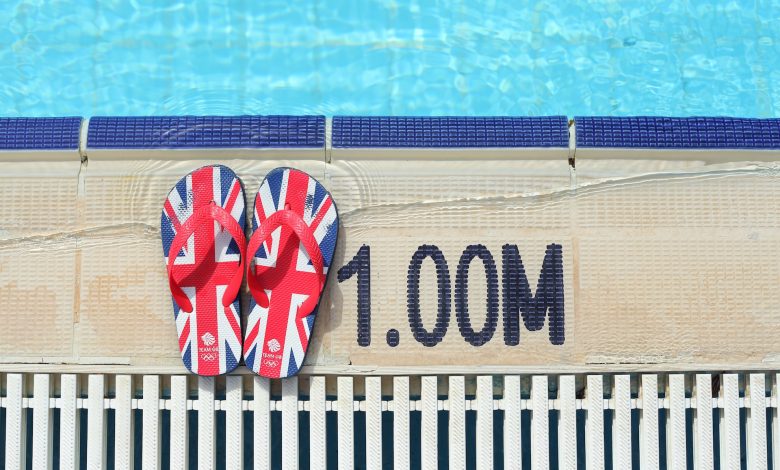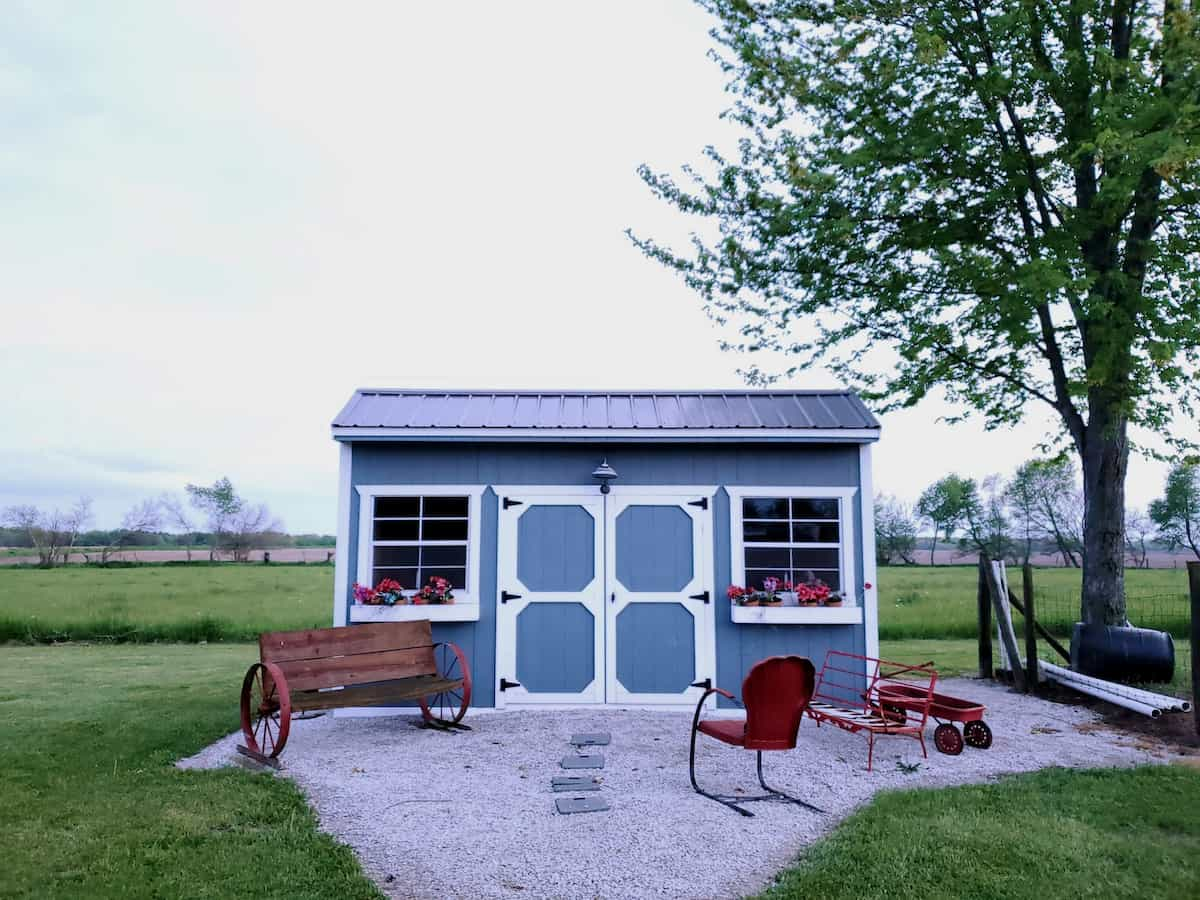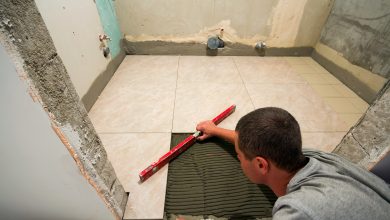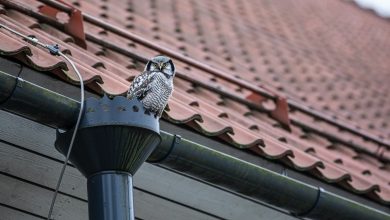Dive into the Depths: Common Reasons Why Underground Pool Leaks Occur

A backyard swimming pool is the perfect oasis for relaxation and fun, but it can quickly turn into a source of frustration when you suspect an underground pool leak. These leaks can be elusive and costly if left unaddressed. In this blog post, we’ll explore the common reasons why underground pool leaks occur, shedding light on the factors that may be undermining your aquatic paradise.
1. Aging Pool Infrastructure
Over time, the materials that make up your pool’s structure—such as concrete, plaster, or vinyl liners—can deteriorate due to exposure to water, chemicals, and the elements. As these materials age, they become more susceptible to cracks and fissures, providing a pathway for water to escape and seep into the ground.
2. Ground Movement
The ground beneath your pool is not as stable as it may seem. Natural factors like soil settlement, ground shifting, and even earthquakes can cause the pool shell to shift, leading to cracks in the structure. When the pool shell is compromised, water can penetrate and create an underground leak.
3. Faulty Plumbing
One of the most common culprits of underground pool leaks is faulty plumbing. The network of pipes and fittings that circulate water to and from the pool can develop leaks over time. These leaks can occur due to wear and tear, corrosion, or poor installation. Even a small crack in a pipe can lead to a significant water loss underground.

4. Pool Equipment Issues
The pool equipment and accessories, such as skimmers, drains, lights, and return jets, are often connected to the pool through plumbing lines. If any of these components fail or develop leaks, it can result in water loss. Leaky pool equipment can be challenging to detect since the issue is often hidden from view.
5. Settling Soil and Poor Compaction
During the pool installation process, the surrounding soil needs to be properly compacted and prepared to support the pool’s weight. If this step is neglected or done inadequately, the soil can settle unevenly, causing the pool structure to shift and crack. This is more common in regions with unstable soil conditions.
6. Harsh Weather Conditions
Extreme weather conditions can take a toll on your pool. Freezing temperatures can cause pipes to burst, while intense heat can lead to the expansion and contraction of pool materials, potentially causing cracks and leaks. Severe storms with heavy rainfall can also overload the pool, leading to water displacement and pressure on the pool shell.
7. Poor Construction or Repairs
In some cases, underground pool leaks are the result of shoddy construction or subpar repair work. If the pool was not built to the highest standards or if repairs were done improperly, it can lead to vulnerabilities in the pool structure that make it prone to leaks.

8. Tree Roots and Landscaping
The roots of nearby trees and shrubs can infiltrate the pool area, causing damage to the plumbing system or pool shell. Tree roots are especially skilled at seeking out sources of water, and if they find a way into your pool infrastructure, they can wreak havoc.
Conclusion
Understanding the common reasons why underground pool leaks occur is the first step toward preventing and addressing these issues. If you suspect that your pool has a leak, it’s essential to take action promptly to minimize water loss, prevent further damage, and preserve the integrity of your pool and its surroundings. Professional leak detection services can pinpoint the source of the leak with precision, ensuring that the necessary repairs are carried out efficiently and effectively. By staying vigilant and addressing underground pool leaks promptly, you can continue to enjoy your aquatic paradise for years to come.




